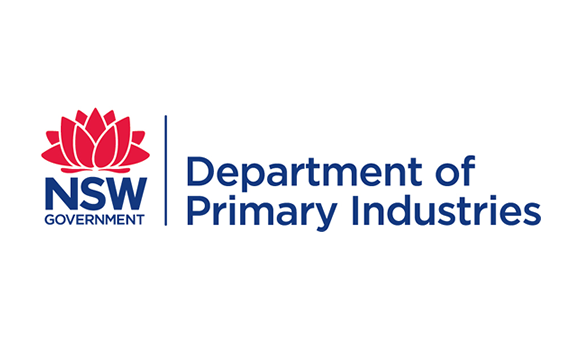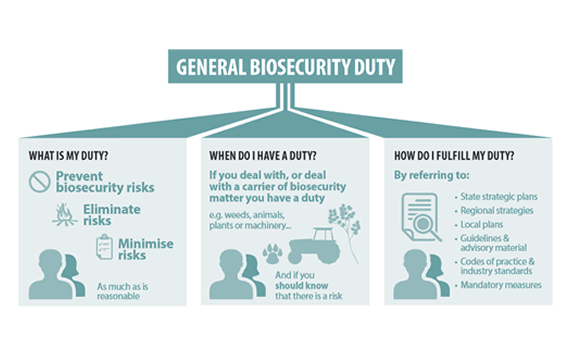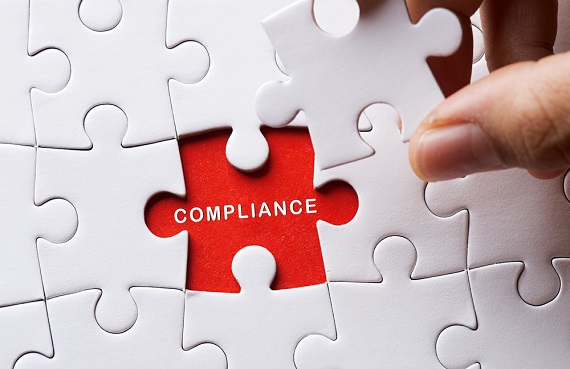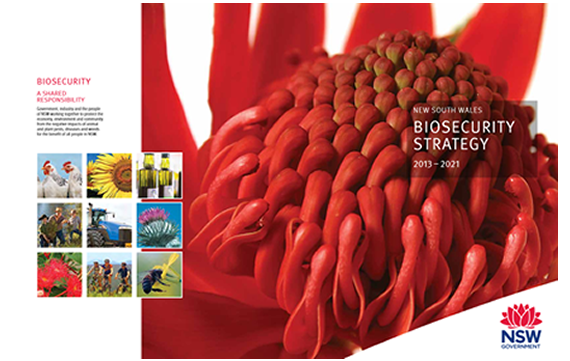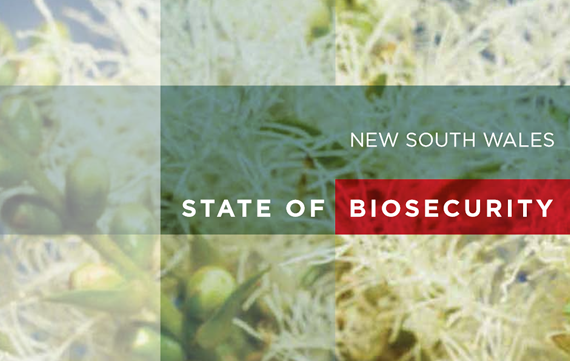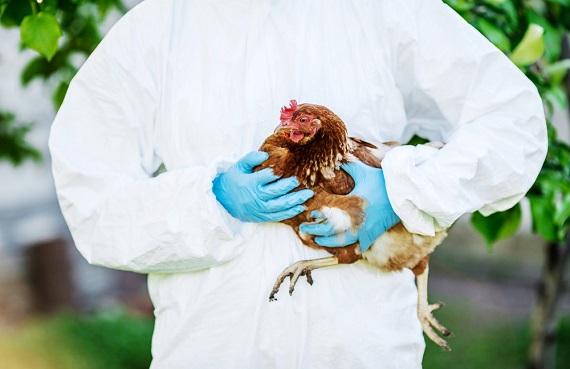
Managing Biosecurity in NSW
Protecting what we've got
Being biosecure means protecting the economy, environment and community from the negative impacts of pests and diseases, weeds and contaminants.
NSW and Australia are fortunate to be free of many pests and diseases that impact other countries. We have great access to fresh food, fibre, open spaces and a unique environment.
However, increased global trade, recreational travel and population are contributing to increased biosecurity risks.
By managing biosecurity in NSW, we:
- prevent the entry of new pests, diseases and weeds into NSW
- quickly find, contain and eradicate any new pests, diseases and weeds
- effectively minimise the impacts of pests, diseases, weeds and contaminants that cannot be eradicated by implementing robust management arrangements.
Good biosecurity practices:
- Provide NSW businesses and farmers good access to premium markets around the globe
- Can deliver better yields and decrease costs of primary production.
- Can ensure we have a good source of locally-grown, safe food
- Protects our unique native environments and our open spaces so we can continue to enjoy outdoor life as a community in NSW.
In NSW we have over 39,000 agricultural businesses, 42,000 farms and 66,000 people employed in agriculture sector alone. This provides a contribution of over $15 billion to the NSW economy, helping to secure regional growth and deliver on health and education outcomes.
Not only is biosecurity vital for industry, it allows us to enjoy our unique natural landscapes and environments that are the envy of many
Over 39 million people visit our 850 national parks and reserves each year. There are more than 350 species, populations and communities considered to be threatened by the impacts of pest animals across NSW, impacting on the quality of the experience for visitors.
The impacts are real
The equine influenza outbreak in 2007 is estimated to have cost government and industry $5.1 million per day. Horse racing across NSW was cancelled (including the Sydney Spring carnival) resulting in huge financial loss to the horse racing industry. There were associated losses for many small businesses including cafe and restaurant owners, taxi drivers and milliners.
The movement of horses across NSW was banned, adversely impacting NSW's horse breeding industry, pony clubs and our Olympic equestrian team.
A shared responsibility
The NSW Biosecurity Strategy introduced the principle of shared responsibility. The vision is:
'Government, industry and the people of NSW working together to protect the economy, environment and community from the negative impacts of animal and plant pests, diseases and weeds for the benefit of the people of NSW.'
There are a number of mandatory duties outlined in the Biosecurity Act 2015. These include:
- Duties relating to prohibited matter and prohibited dealings: The Act defines pests, diseases, and weeds that are illegal throughout the State or in a part of the State because they present the highest risks to our economy, environment and community. These are generally not found in Australia or maybe present in other State or Territory but not NSW. It is an offence to deal with a prohibited matter or prohibited dealing.
- A duty to notify biosecurity events: It is a requirement of people to report anything unusual that may present a biosecurity risk to the authorities. This includes seeing a prohibited matter or prohibited dealing.
To help make sure responsibility for biosecurity risk is shared among the government, industry and the community, the Biosecurity Act 2015 also establishes a general biosecurity duty. This means if you deal with biosecurity matter or a carrier you need to identify the risks it may pose and act to manage or mitigate the risk. Read more about the general biosecurity duty.
General Biosecurity Duty: ‘ Any person who deals with biosecurity matter or a carrier and who knows, or ought reasonably to know, the biosecurity risk posed or likely to be posed by the biosecurity matter, carrier or dealing has a biosecurity duty to ensure that, so far as is reasonably practicable, the biosecurity risk is prevented, eliminated or minimised.’

